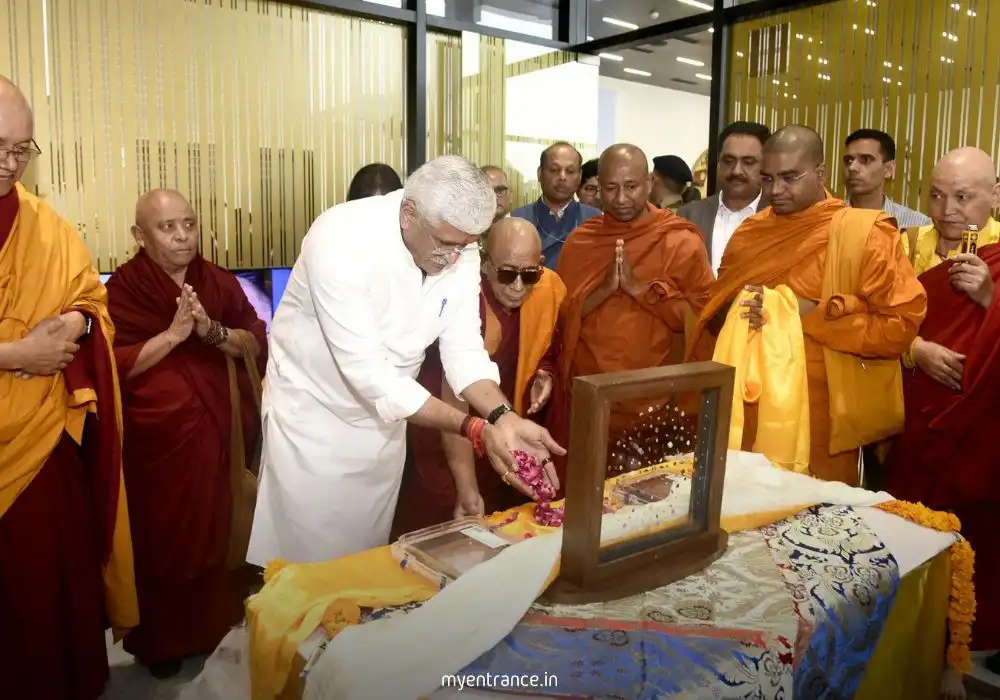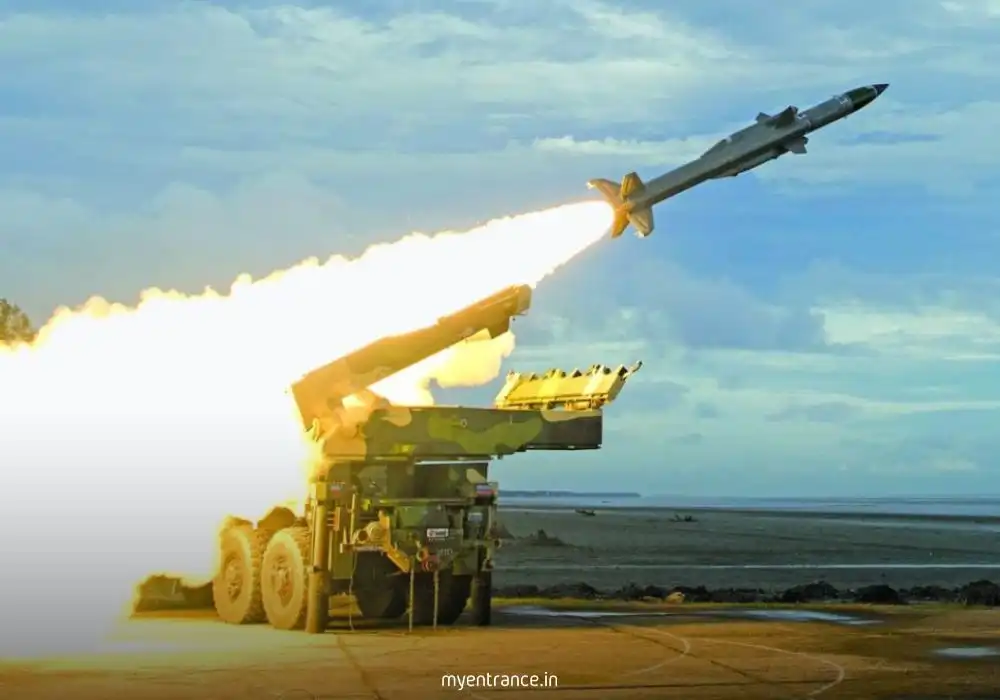Translate Language
Jim Corbett’s Secret Weapon: How Extreme Observation Can Sharpen Your Mind for Exams
Jim Corbett, famed for hunting man-eaters, possessed an extraordinary skill far beyond marksmanship: unparalleled observation. For exam aspirants seeking an edge, understanding how he saw and remembered the natural world offers invaluable lessons in focus, detail retention, and critical analysis – skills directly transferable to cracking competitive tests.

What We Can Learn from Jim Corbett on Watching Nature
That worn copy of “Man-Eaters of Kumaon” on your shelf? It’s more than thrilling tales. Corbett’s legacy offers profound lessons for anyone, especially students aiming for top exams, on the art of truly seeing.
Corbett didn’t just walk in the jungle; he immersed himself. Imagine the hyper-awareness needed when hunting a predator actively stalking you. Every sense becomes a laser. Every bent blade of grass, unusual shadow, or oddly shaped rock is scrutinized – life depended on it. This wasn’t passive looking; it was active, intense, and total environmental engagement.
The Core Lesson: Deep Observation is Survival (and Success)
Hyper-Focused Attention: Corbett teaches us that meaningful observation demands shutting out distraction and concentrating completely on the subject. In the jungle, this meant survival. In your studies, it means truly understanding complex concepts, spotting patterns in data, and catching subtle details in exam questions that others miss. It’s the difference between skimming and comprehending.
Imprinting Detail: Remarkably, Corbett wrote his vivid accounts from memory, sometimes months later. How? The sheer intensity of his focus etched details permanently. While we might not face man-eaters, the principle holds: deep, focused engagement creates stronger, more durable mental imprints than casual glancing. This is crucial for memorizing formulae, historical dates, or intricate diagrams.
Accuracy is Paramount: Corbett’s descriptions were so precise that decades later, landmarks he mentioned – specific trees, rocks, gullies – could still be found exactly where he placed them. For exam aspirants, accuracy isn’t just desirable; it’s essential. Whether writing an essay, solving a math problem, or recalling a constitutional article, precision built on genuine observation and understanding is key.
The Modern Trap: Cameras vs. True Seeing
You might think, “We have cameras now! Why observe so intensely?” This is a critical point. While photos document, they often replace deep looking. Corbett absorbed the texture of fur, the shift in light, the subtle expressions – details a camera might capture but the hurried photographer might miss while adjusting settings. Relying solely on photos later means you often can’t describe what you saw because you didn’t truly see it in the moment. True learning requires the Corbett-like immersion: putting the device (mental or physical) aside and engaging fully with the material.
Applying Corbett’s Lessons to Your Exam Journey
So, how do you cultivate this? It’s more than just “paying attention.”
Practice Active Observation: Next time you study a diagram, a historical painting, or a complex graph, don’t just glance. Spend dedicated time absorbing every element, relationship, and detail. Ask yourself: “What is essential? What connects? What stands out?” Pretend your exam depends on noticing that one specific thing.
Engage Your Senses (Mentally): When reading dense text, visualize the scene or concept. Imagine the textures, the logic flowing like a path. This multi-sensory mental engagement aids retention far better than passive reading.
Prioritize Understanding Over Speed (Initially): Corbett didn’t rush his observations; he knew missing a detail could be fatal. While speed is vital in exams, building a foundation requires deep understanding first. Slow down to truly grasp concepts before practicing timed recall. Depth precedes speed.
Sharpen Your Descriptive Power: Corbett was a master storyteller because he saw deeply. Practice describing complex ideas simply and accurately, as if explaining them to a peer. This tests and reinforces your own understanding, a vital exam skill.
The Takeaway for Aspirants
Jim Corbett’s genius lay not just in courage, but in an almost superhuman ability to observe, absorb, and recall detail under pressure. While your “jungle” might be the exam hall, the core skills – intense focus, accurate perception, and deep retention – are identical. Cultivating this Corbett-like mindfulness transforms how you study, understand, and recall information. It moves you beyond rote learning into the realm of true mastery, giving you a distinct edge in any competitive arena. Start practicing deep observation today – make it your intellectual survival skill.
Get 3 Months Free Access for SSC, PSC, NIFT & NID
Boost your exam prep!
Use offer code WELCOME28 to get 3 months free subscription. Start preparing today!















